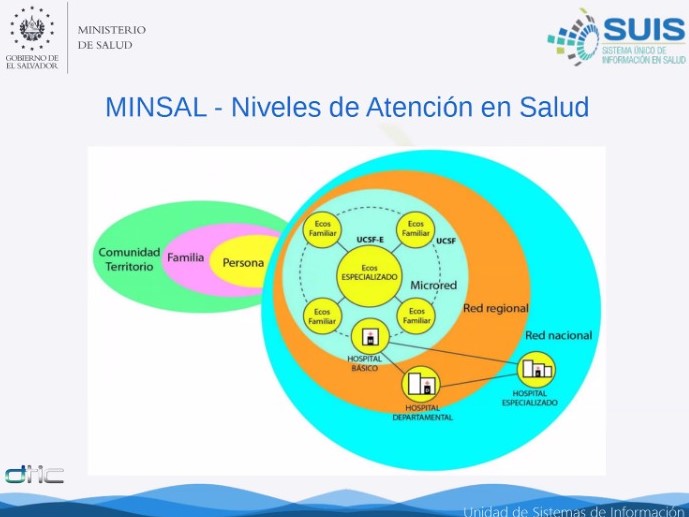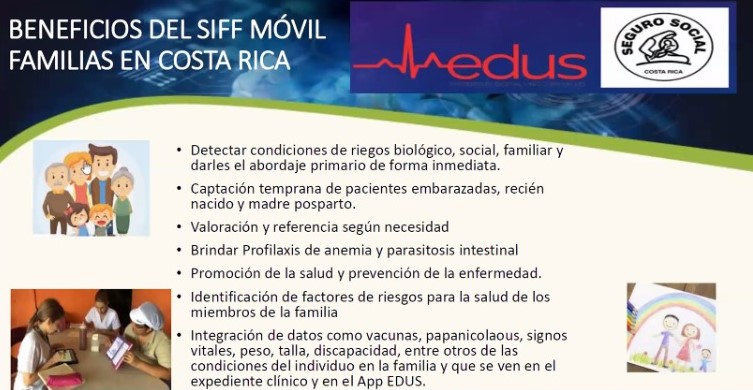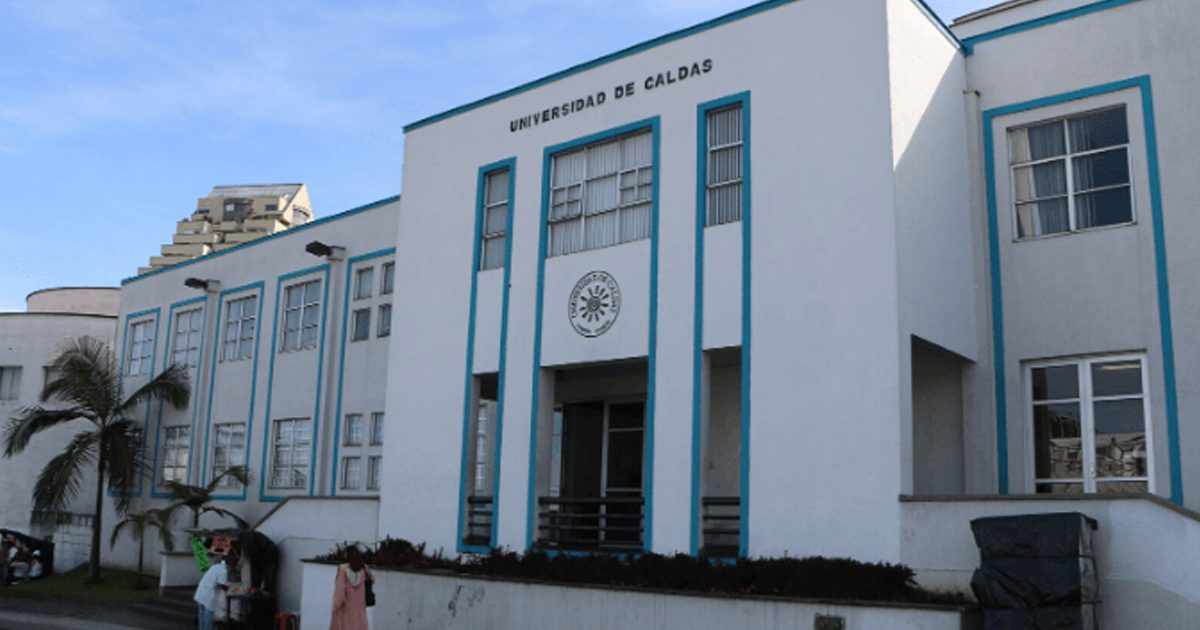Latin America has positioned itself as a benchmark in the growth of Digital Health focused on the analysis, prevention and diseases that can put people's lives at risk.
The issue of Digital Health in Central America was discussed as part of the WebinarmHealth Strategies to Strengthen Primary Health Care” conducted by the Central American Network of Health Informatics (RECAINSA) to elucidate the relevant issues regarding access to all region to public health services and systems.
That is why, specifically in El Salvador, the Information and Communication Technologies Department ventured into the implementation of a Single Electronic Archive designed to collect all the clinical data of the population.
This service - coordinated between the Ministry of Health and the Social Security of the country - is intended to provide universal coverage to reduce the access gap to public health systems.
Against this background, the Family Card Information System (SIIF) has also entered into force with the objective of strengthening the medical care model, improving the quality of its results and integrating both the individual and the community part.
Through a link between the Regional Network and the National Network, the digital application called “Family Echoes” will be used, in which all families can be registered to track their condition through an analysis of risk vulnerability.

These records indicate the specifications of the house, its structure, its location and the basic services it has in order to delimit an enlightening panorama of its economic situation, education, and sexual health.
Consequently, the Law of the National Integrated Health System has been synchronized with the objective of providing progressive, permanent medical care that uses technological resources to form a Family Card in electronic format.
Thus, the web application of the SIFF was born, which works from mobile devices that use software with algorithms that calculates all the information of the family to be analyzed and gives a controlled follow-up when linking and connecting each data obtained to a central server.

With this digital tool, you save time to collect everything you need and be able to group the data in the following sections:
- Family Card Module: integrates the clinical file with variables of families and homes.
- Dispersion module: to provide comprehensive and comprehensive care in relation to communicable diseases.
- Health map module: identifies each establishment necessary to monitor problems and diseases.
- Familiogram Module: structure to each family with respect to their organization.
- Follow-up module for women : from 15 to 59 years for detection of pregnancy, sexual health and cancer situations.
The mobile SIFF, allows updating the information in real time regardless of place or time as it works with or without an internet connection.
The case of Guatemala
In Guatemala, the public health system has also been regenerated by implementing the Primary Care Technical Assistant (ATAP), to improve the quality of its processes.
The objective of this is to provide georeferences based on digital maps showing the risk areas and to be able to provide a timely, real-time and accessible service to all people thinking of reducing the inequality gap.
Thus, the software will help to spread specialized medical care with the support of an infrastructure dedicated to the connectivity between networks and the use of the new Information and Communication Technologies.
RECAINSA
https://recainsa.org/webinar-estrategias-de-msalud-para-fortalecer-la-atencion-primaria-en-salud/






